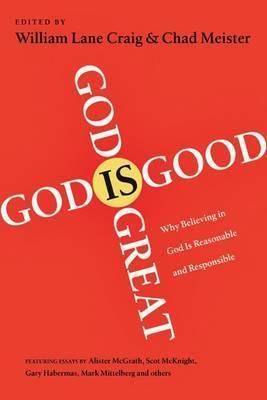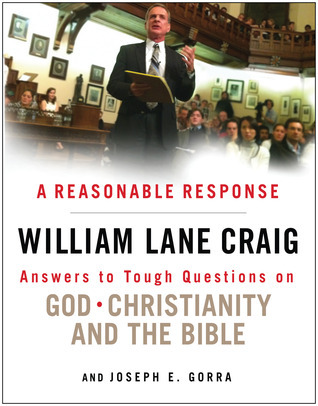
The Reason for God: Belief in an Age of Skepticism
Book Description
Doubt looms large in a world often shrouded in skepticism. In "The Reason for God: Belief in an Age of Skepticism," Timothy J. Keller confronts the toughest questions about faith, offering a compelling case for belief. Each chapter peels back layers of doubt, revealing profound insights and a vision of hope that captivates the mind and stirs the heart. As he tackles skepticism head-on, Keller invites readers into a gripping exploration of faith’s relevance in the modern age. What if belief could hold the answers we've been searching for in a chaotic world?
Quick Book Summary
"The Reason for God: Belief in an Age of Skepticism" by Timothy J. Keller systematically responds to common objections to Christianity encountered in modern, secular society. Keller, drawing on his experience as a pastor in New York City, addresses skepticism related to exclusivity, suffering, science, morality, and religious wars. He not only rebuts these challenges but also lays out positive arguments for faith, discussing the rationale for belief in God and the centrality of Christ. Through philosophical reasoning, cultural observations, and personal stories, Keller positions faith as intellectually credible and emotionally satisfying. The book ultimately invites both skeptics and believers into a thoughtful dialogue about the foundations and implications of Christian faith.
Summary of Key Ideas
Table of Contents
Common Objections to Christianity
Keller opens by presenting the most frequent objections that modern skeptics raise about Christianity, such as claims of exclusivity, the existence of evil, and perceived conflicts between faith and science. His approach is respectful and empathetic, seeking to understand the intellectual and emotional experiences behind these doubts. He demonstrates that skepticism itself is a kind of belief system with its own assumptions, laying the groundwork for dialogue rather than debate.
Faith and Reason Intertwined
Moving deeper, Keller explores the relationship between faith and reason. He challenges the idea that rationality and belief are mutually exclusive, pointing out that both skepticism and faith rest on foundational assumptions that cannot be fully proven. He argues that everyone has beliefs that shape how they interpret evidence and experience the world. Rather than seeing faith as the absence of reason, Keller contends that Christianity can offer robust, rational support for its claims.
The Problem of Suffering and Evil
A significant part of the book addresses the enduring problem of suffering and evil. Keller acknowledges the deep emotional and philosophical challenges these pose. By examining biblical themes and personal narratives, he illustrates how Christianity does not avoid the reality of suffering but instead presents a God who experiences suffering and offers hope and redemption through it. He maintains that knowing Jesus’ suffering provides unique resources for facing our own pain and injustice.
The Case for the Christian God
Keller then presents affirmative arguments for belief in the Christian God. Drawing from philosophy, history, and personal experience, he explores the plausibility and attractiveness of the Christian worldview. Arguments such as the fine-tuning of the universe, the existence of moral values, and the historical evidence for the resurrection are used to support faith as intellectually credible. Keller stresses that the Christian message addresses both the mind and the heart.
The Role of Community in Belief
Finally, Keller emphasizes the role of community in nurturing and growing authentic faith. He explains that belief cannot exist in a vacuum; it is developed, tested, and enriched within a community of seekers, doubters, and fellow believers. The church, at its best, models radical acceptance, love, and service, providing tangible demonstrations of the gospel and space to process both doubt and conviction.
Download This Summary
Get a free PDF of this summary instantly — no email required.





